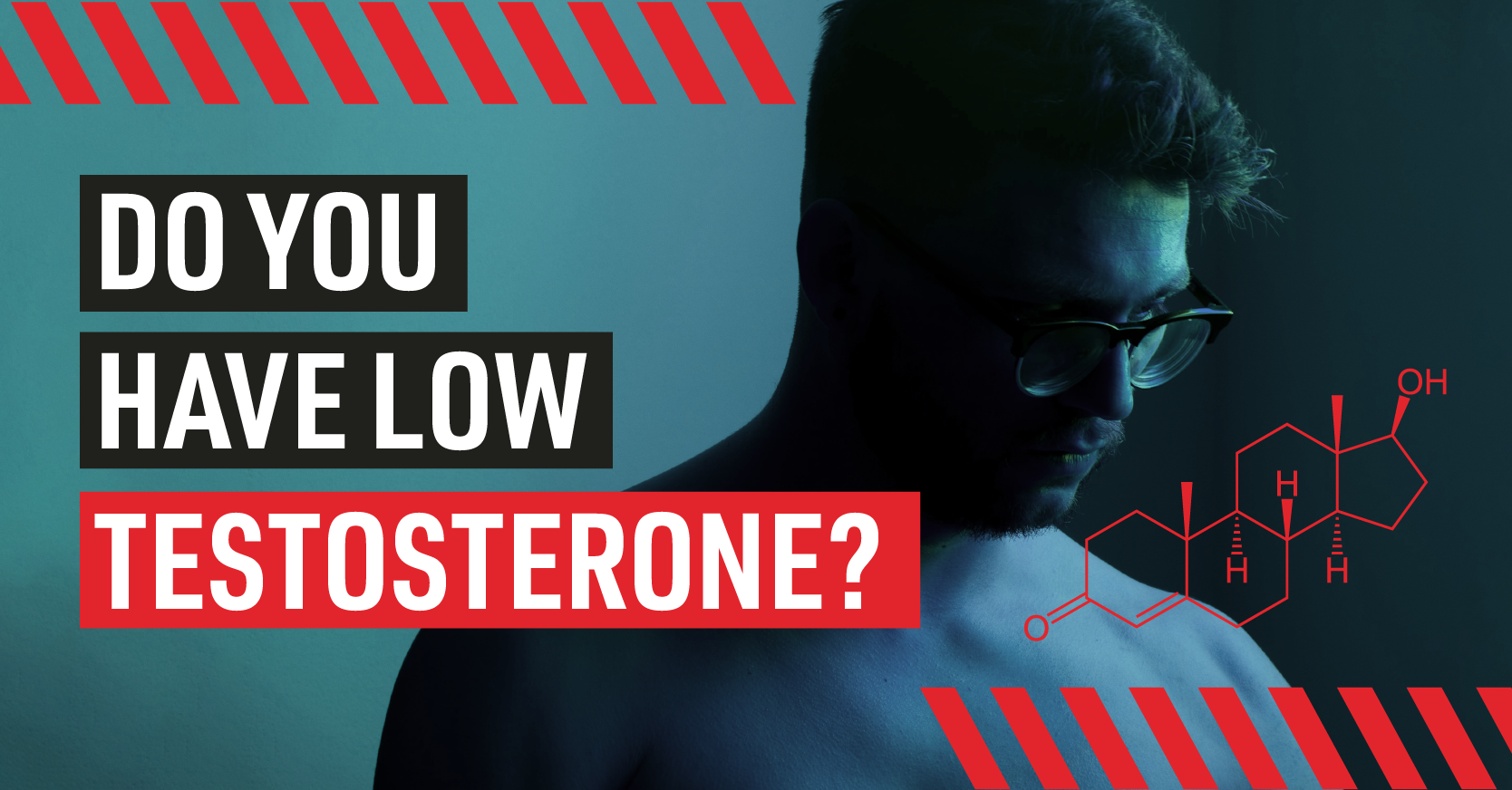The Silent Connection: Exploring The Link Between Low Testosterone and Depression
Depression amongst high-functioning Men in the business world is rife. And yet it also works its way down the chain of command to underachieving employees with no drive or ambition. Whilst there is no obvious connection between high achievers and underachievers, research suggests there could be a connection regarding the cause of depression, which indicates a significant link between low testosterone levels and depressive symptoms. In this article, I shed light on the connection between low testosterone and depression, exploring the potential causes, symptoms, and the importance of seeking appropriate treatment
Exploring the Link Between Low Testosterone and Depression
Watch YOuTube video
Testosterone is a hormone primarily associated with male characteristics and various bodily functions, including regulating mood, energy levels, libido, and cognitive function. In men, testosterone is produced mainly in the testes.
The Link Between Low Testosterone and Depression:
Neurotransmitter Imbalance: Testosterone influences the production and regulation of neurotransmitters such as serotonin, dopamine, and norepinephrine, which play vital roles in mood regulation. Low testosterone levels may disrupt the delicate balance of these neurotransmitters, contributing to depressive symptoms.
Impact on Emotional Well-being: Testosterone deficiency has been associated with increased sadness, irritability, and a general decline in emotional well-being. Individuals with low testosterone levels may experience a lack of motivation, decreased interest in activities, and a persistent low mood, all of which are common symptoms of depression.
Biological and Physical Effects: Low testosterone can also lead to physical symptoms that can contribute to feelings of depression. These may include fatigue, decreased energy levels, sleep disturbances, and changes in appetite, all of which can exacerbate depressive symptoms.
Bidirectional Relationship: It's important to note that the relationship between low testosterone and depression is bidirectional. While low testosterone levels can contribute to depressive symptoms, depression can also lower testosterone levels. The exact mechanisms underlying this relationship are complex and still being explored by researchers.
Join The Community
Recognising the Symptoms:
It is essential to recognise the symptoms of low testosterone and depression to seek appropriate medical attention. Symptoms of low testosterone may include decreased libido, erectile dysfunction, fatigue, decreased muscle mass, and mood changes. Depression symptoms may include:
Persistent sadness.
Loss of interest or pleasure.
Changes in appetite or sleep patterns.
Difficulty concentrating.
Feelings of worthlessness or guilt.
LISTEN TO THE PODCAST
Seeking Treatment:
If you suspect low testosterone levels may be contributing to your depressive symptoms, it is important to consult with a healthcare professional. Unfortunately, the NHS falls short in this area and is very archaic when addressing the link between low testosterone and depression. As a result, Men who believe they are suffering from low testosterone are faced with the only option being to seek help from a private clinic which can lead to a lifelong commitment to expensive medication.
A healthcare provider can conduct a comprehensive evaluation, which may involve blood tests to measure testosterone levels. If low testosterone is confirmed, treatment options such as testosterone replacement therapy (TRT) may be considered.
It's important to note that TRT should be prescribed and monitored by a qualified healthcare professional, as testosterone supplementation carries potential risks and side effects. In cases where depression is the primary concern, a healthcare provider may recommend a combination of therapy, medication, lifestyle changes, and other appropriate interventions to address the underlying depressive symptoms.
Lastly...
The link between low testosterone and depression highlights the intricate relationship between hormonal imbalances and mental health. Understanding this connection is crucial for individuals experiencing depressive symptoms, as it emphasises the importance of seeking proper medical evaluation and treatment. By addressing low testosterone levels, along with comprehensive mental health care, individuals can improve their overall well-being and potentially alleviate symptoms of depression. Remember, always consult with a healthcare professional for a proper diagnosis and individualised treatment plan..




